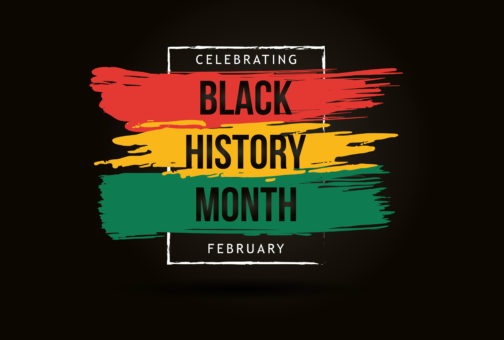People from all walks of life experience behavioral health disorders. But in some populations, these disorders are much more widespread. Even worse, finding help to treat a disorder is hard to come by.
For instance, African Americans are disproportionately more likely to experience mental health issues and social stigma than other Americans. According to SAMHSA’s 2018 National Survey on Drug Use and Health, 16% (4.8 million) of Black and African American people reported having a mental illness, and 22.4% of those (1.1 million people) reported a serious mental illness… but what about African Americans and eating disorders?
Barriers to Eating Disorder Treatment for African Americans
Just like mental health disorders, eating disorders do not discriminate based on race, color, gender or identity. Anyone can experience the challenges of an eating disorder. Here are some statistics surrounding eating disorders in African Americans:
Black teenagers are 50% more likely than white teenagers to exhibit bulimic behavior, such as binging and purging.
According to a nationwide survey from The National Survey of American Life (NSAL), prevalence rates found for bulimia in Black Americans is 1.5% for adults, which is slightly higher than the national average of 1.0%. The National Survey of American Life (NSAL) also found that binge eating disorder (BED) was the most prevalent eating disorder among Black people, with a lifetime prevalence of 1.7%, although 5.1% had some problems with binge eating whether or not they met criteria for a disorder.
Binge Eating Disorder (BED) and African American Women
While BED is the most prevalent eating disorder among African American women, most clinical research on binge eating and binge eating disorder has focused on White women, with Black individuals underrepresented. Black women have similar or higher rates of BED than White women, though little is known about the experience and treatment of binge eating and BED among Black women. Some studies have reported significant differences in the age of onset for binge eating in Black women compared with White women, with Black women experiencing symptoms later in life than white women.
Some other specific factors that are associated with binge eating among Black women include:
- Perceived discrimination
- Stress
- Trauma
- Depression symptoms, such as sadness, frustration, loss of interest, insomnia, etc.
African Americans and/or Black individuals have some of the lowest rates of access to care because of racial disparities in treatment access. Early detection and intervention with this population might be a critical first step toward prevention and improvement of access to care for African Americans experiencing binge eating.
Breaking Down Barriers to Eating Disorder Treatment
Every month of the year we should be working to break down barriers to eliminate the stigma associated with mental health and eating disorders and create equal access to treatment. African Americans should have access to the care they need. At Center for Discovery, our programs for binge eating, anorexia, bulimia and other eating disorders can help. Contact us today to learn more about our levels of care.
More from Center for Discovery:
